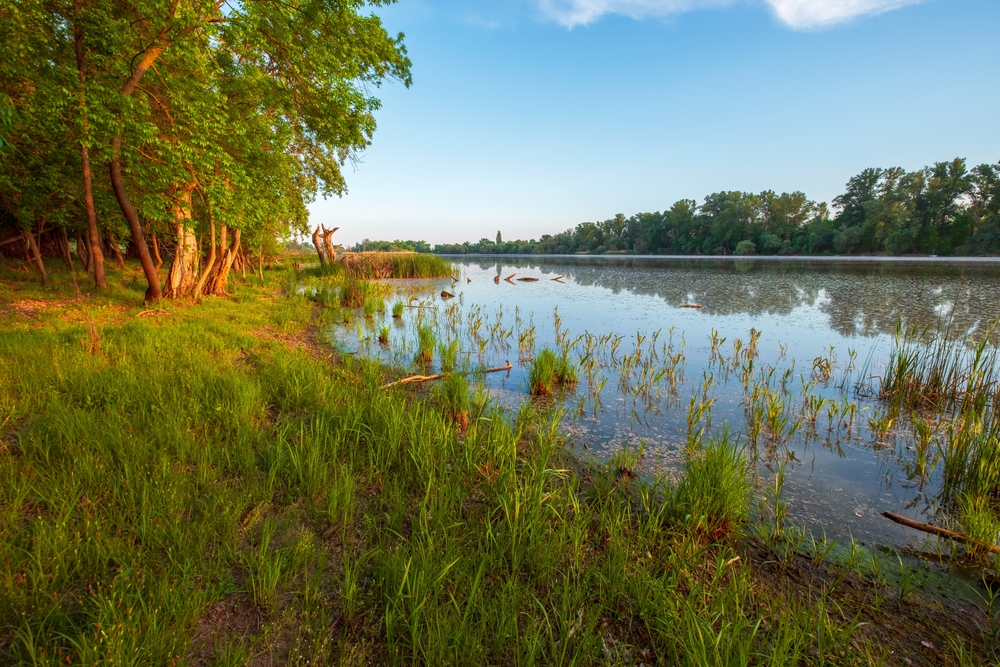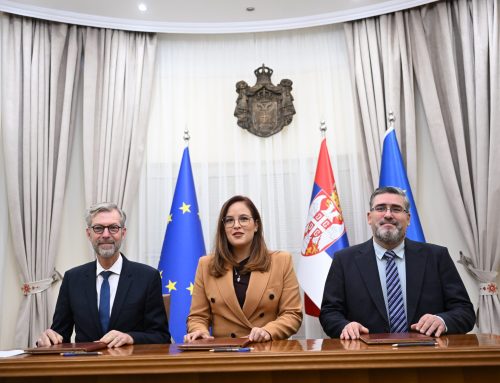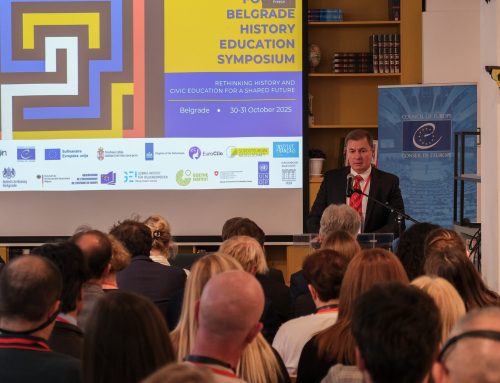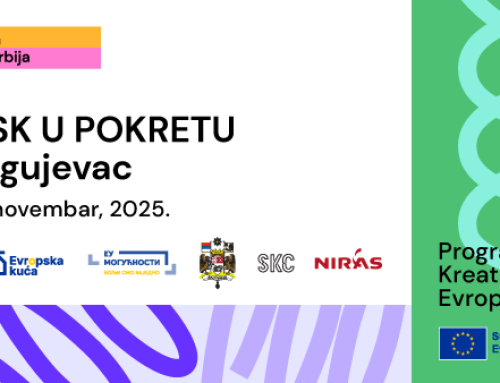The Science and Technology Park Novi Sad hosted an expert roundtable titled “Flood Prevention in the Context of Climate Change”, organized within the project Joint Adaptation and Mitigation Measures to Climate Change Supporting Integrated Water Management on the Tisa River- ADAPTisa. The event brought together professionals from the fields of water management, hydrotechnics, academia, civil society organizations, and research and development institutions specializing in artificial intelligence, as well as representatives of public institutions including JP “Vojvodinašume”, JVP “Vode Vojvodine”, and the Republic Hydrometeorological Service of Serbia.
The roundtable aimed to raise awareness of the increasing impact of climate change on hydrological risks, with a particular focus on the growing frequency and intensity of floods.
Key topics discussed during the event included:
- The impact of climate change on the frequency and severity of floods;
- The importance of infrastructure and nature-based protection measures;
- The potential of digital technologies and predictive models;
- The integration of public, private, and volunteer sectors in the flood risk management system.
The ADAPTisa project is being implemented under the Interreg VI-A IPA Hungary–Serbia programme, with a total project budget of EUR 1,418,020.16, of which EUR 1,205,317.13 is co-financed by the European Union (IPA funds).
View this post on Instagram
The project is led by the Faculty of Technical Sciences in Novi Sad, in partnership with Fund for European Affairs and Development of the AP Vojvodina, Lower-Tisza District Water Directorate, University of Szeged and Public Water Management Company “Vode Vojvodine”.
The main goal of the project is to develop an innovative platform for integrated management of the Tisza River, enhance cooperation among relevant stakeholders, and apply modern technologies to adapt to extreme weather events and mitigate flood risks.
This event marks an important step toward strengthening regional cooperation and sharing knowledge to implement innovative and sustainable solutions for more effective water and climate risk management.




